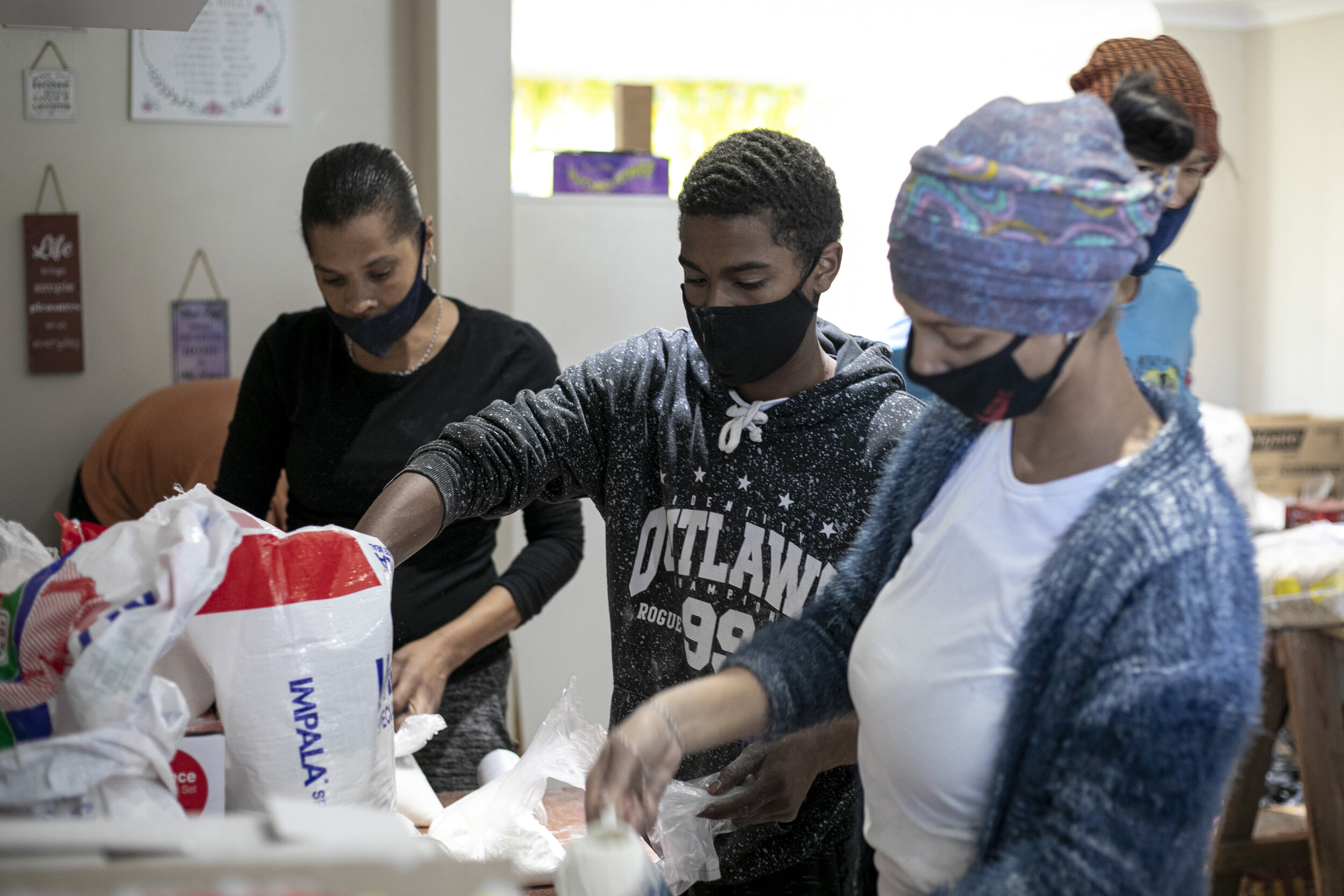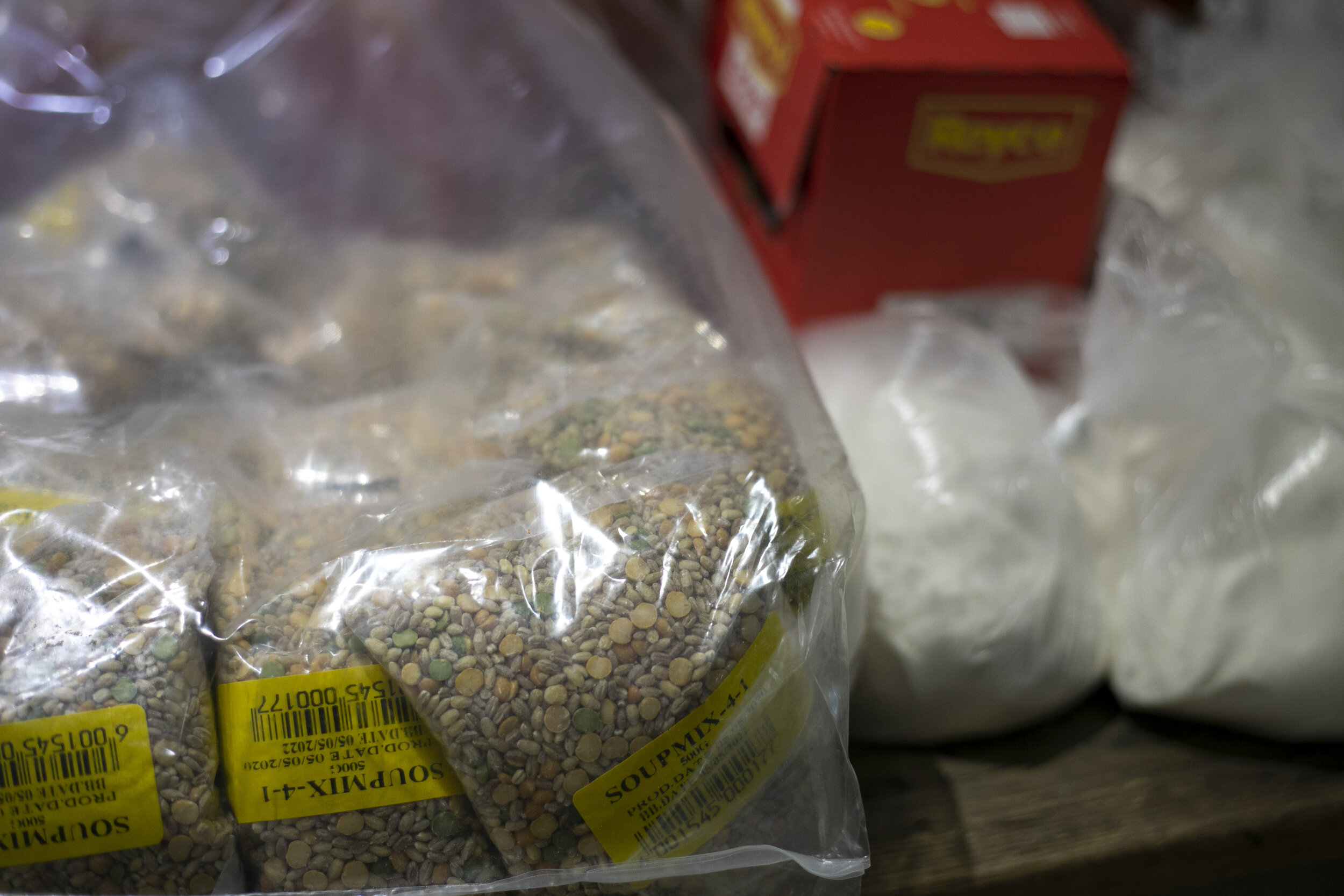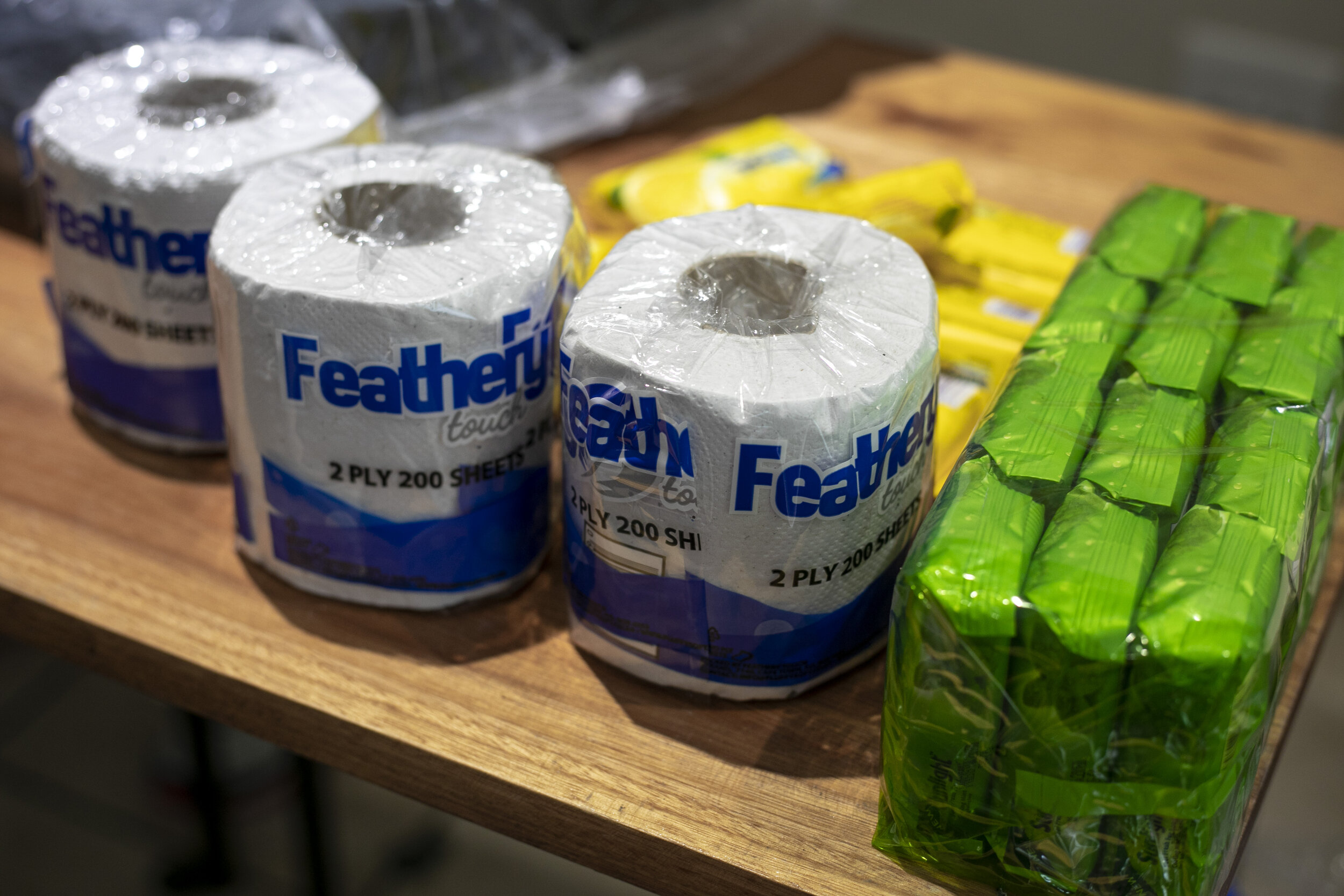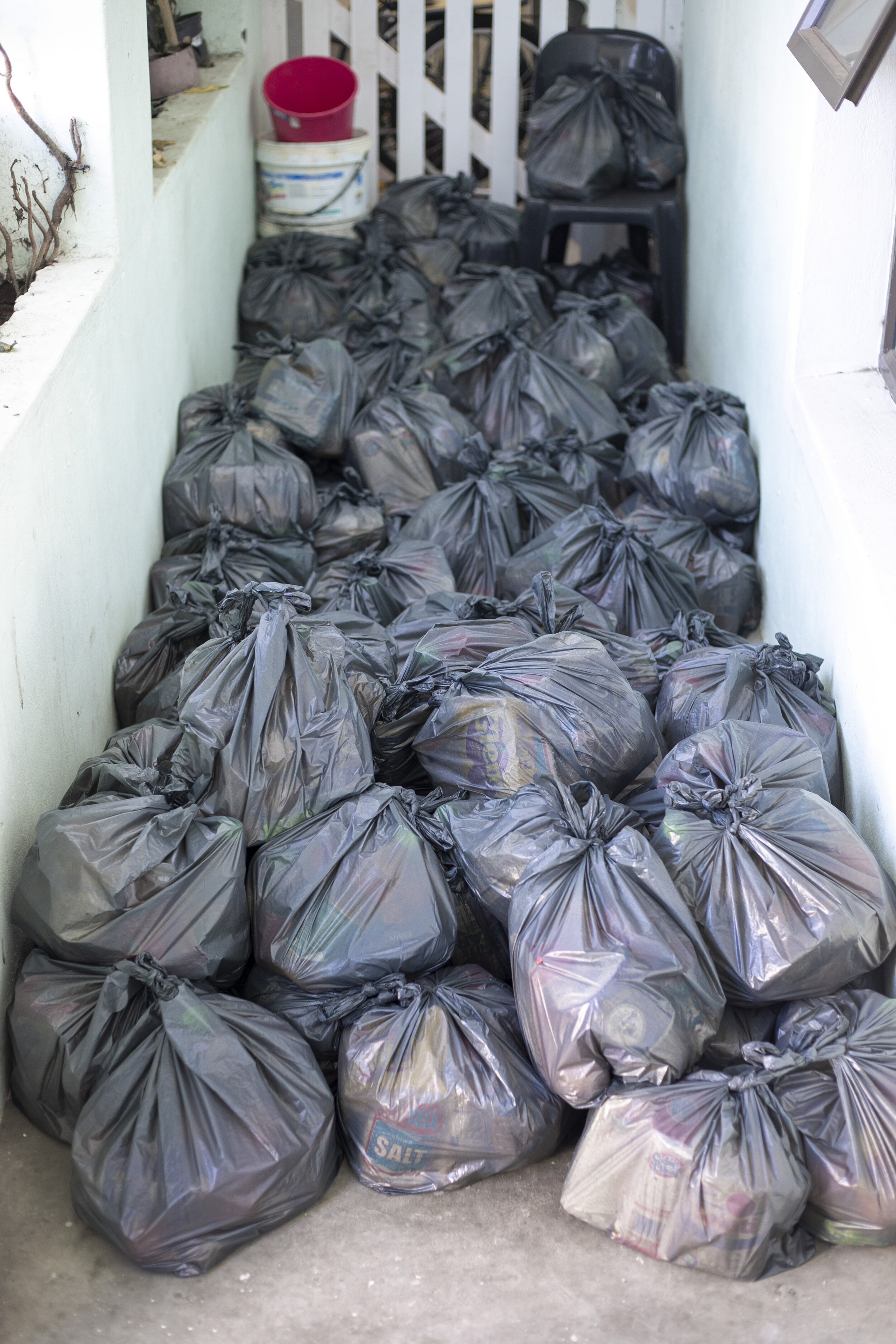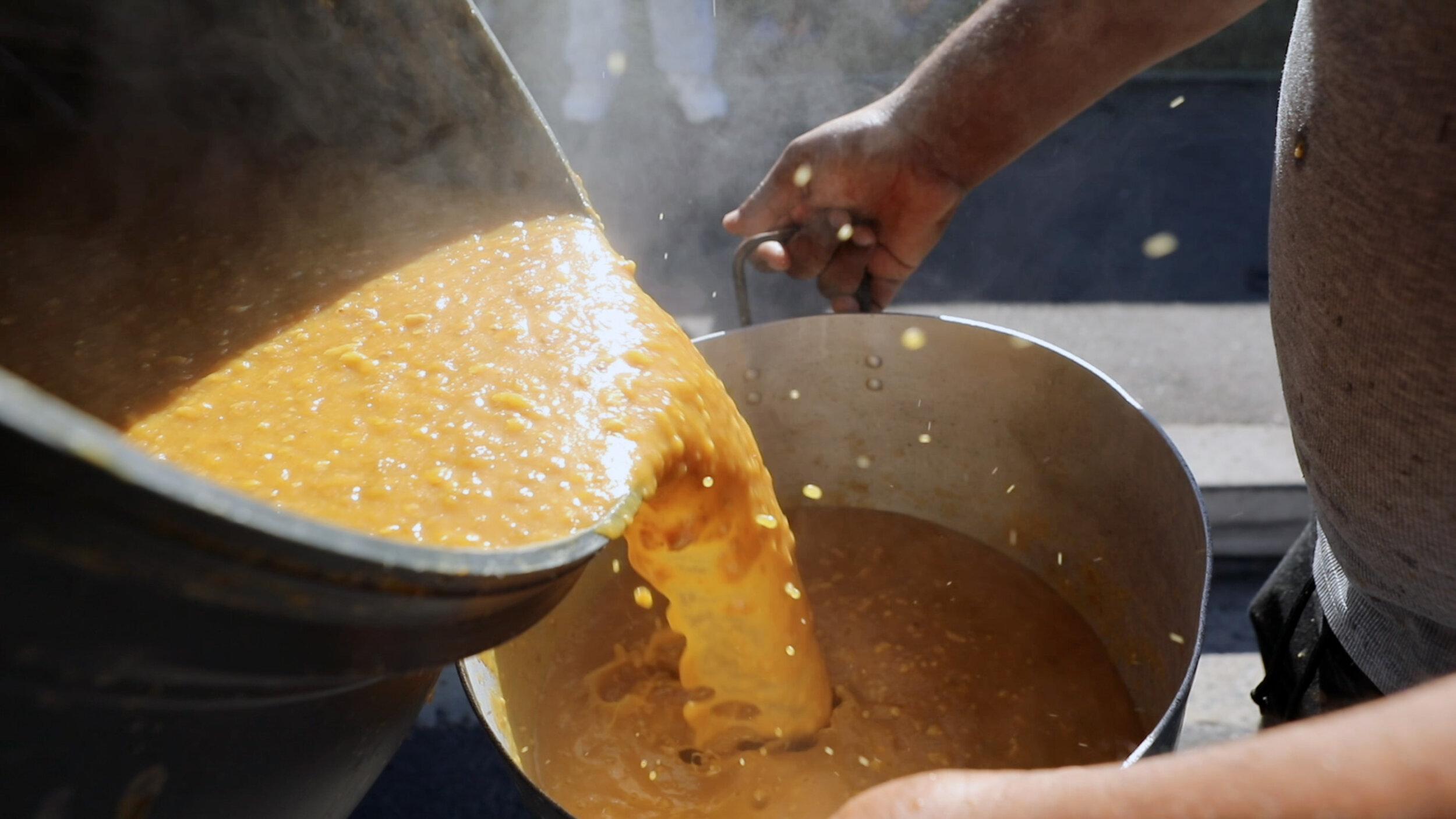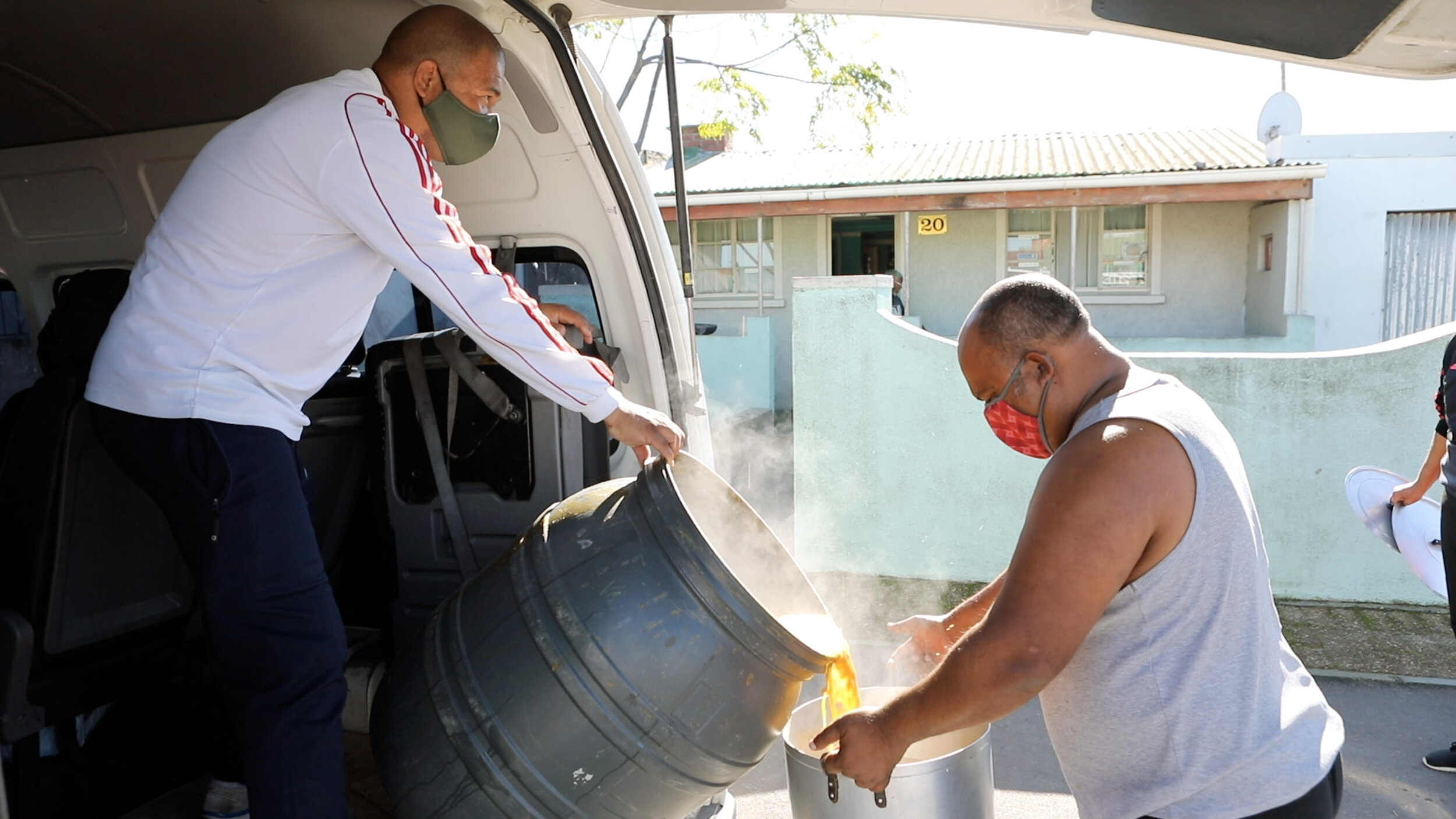Covid-19 and the ‘Porridge Programme’
In light of the global coronavirus crisis, health experts have described the African continent as a tinderbox.
Resident of South Africa’s Cape Flats and Goal50’s on-the-ground programme co-ordinator, Mario van Niekerk knows full-well the danger. “A basic task like washing hands can be quite a challenge in our townships.” The makeshift single room dwellings are packed closely together, separated only by narrow muddy tracks, some of which house communal toilets and a tap providing water for as many as 50 people. The basic nature of facilities in these communities make them ill-equipped for healthy sanitation. Realistically, the occupants can barely rustle up resource for food let alone hygiene products.
“These are people still struggling with HIV” adds Mario, “and we need to take Covid-19 very seriously.”
There is still a fear that the virus could run swiftly through the townships if clusters of infected people were to emerge. Dr Kerrigan McCarthy from the National Institute for Communicable Disease says “The focus should be on communities, rather than hospitals. Communities and individuals need to trust the advice of government.“ A major community level outbreak could still swamp the country’s health systems.
When the South African President temporarily closed down the country’s schools, Mario was quick to spot that for a number of children in the Cape Flats, this would mean the loss of what could be their only cooked meal on a school day. Goal50 stepped in immediately with a R20,000 emergency payment to assist with a ‘Porridge’ Programme. Such was the need, the vast queues became overwhelming and food schemes had to be suspended as social distancing was impossible. Mario’s team responded by putting together food parcels. These were distributed by the coaches and regular players of the Goal50 football team. The conventional food programme has now be re-established, operating in three different locations. Further financial support has been given by Goal50 over and above it’s regular commitment. Mercifully the distribution of food now falls within government guidelines.
Since lockdown, more than 30,000 meals have been provided in the townships. In terms of the first wave of coronavirus, South Africa is some weeks behind the UK. The future is still very uncertain.
If you’re reading this believing that you could support our food programmes, we have a PayPal account that accepts single donations or regular monthly contributions. You’ll find access to it below and we thank you for your help.
